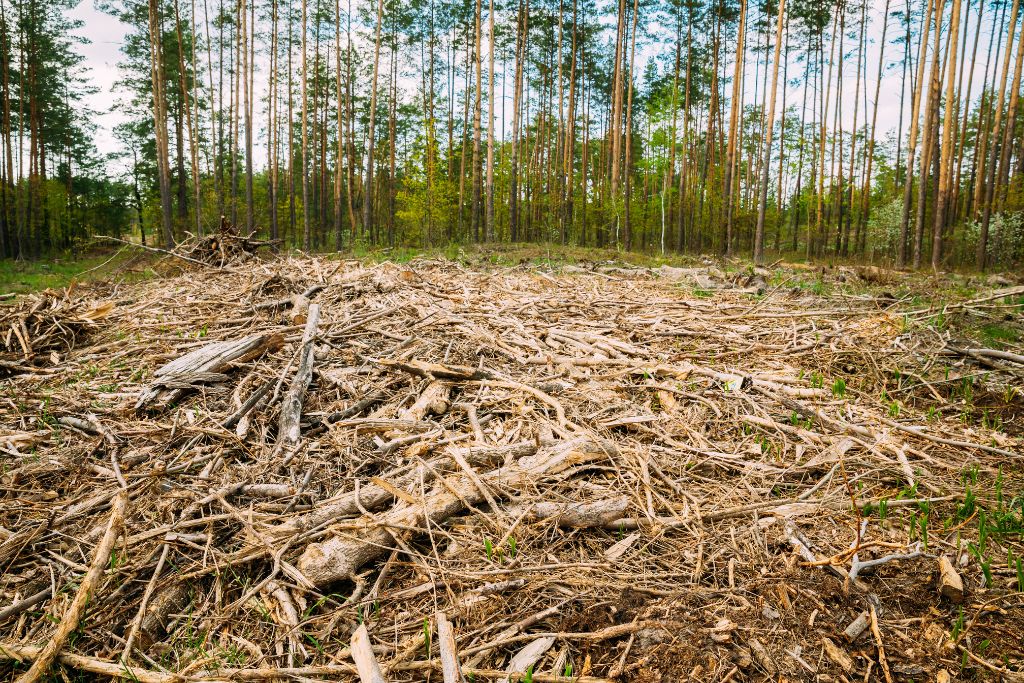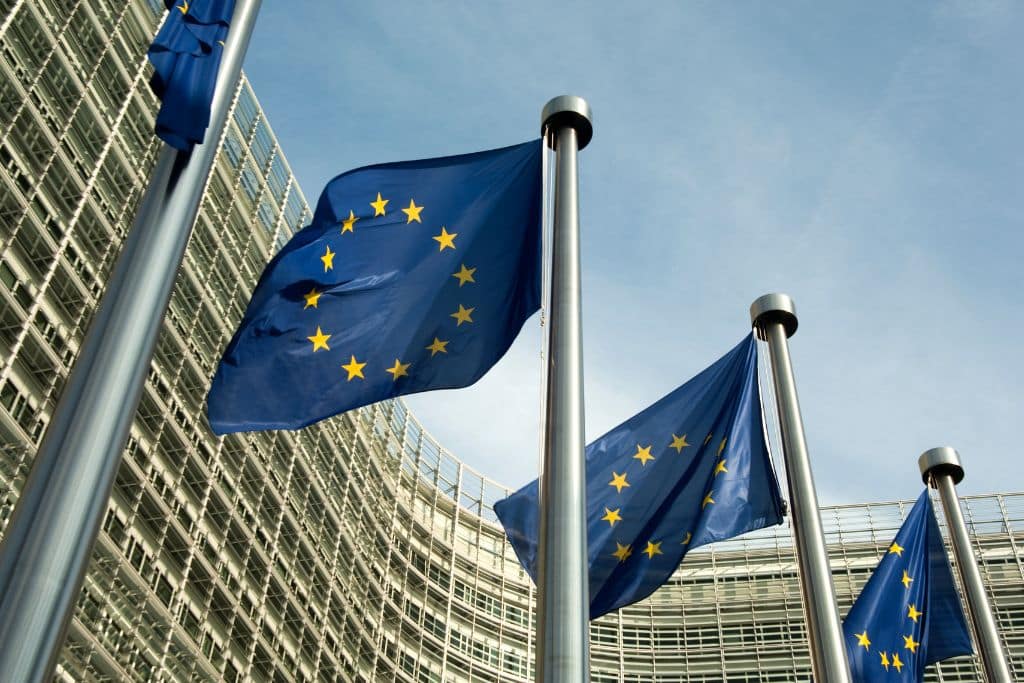On December 6, 2022, the European Union took an important step in the fight against global deforestation. On this date, a political agreement between the European Council and the European Parliament for the upcoming adoption of a law that would tackle the issue was announced.
—
The New EU Law to Fight Global Deforestation
Just days before the start of COP15, the UN conference on biodiversity, the European Union announced a new law to fight global deforestation as part of the Green Deal, an ambitious package of measures to meet the EU climate change goals of cutting at least 55% of greenhouse gas emissions from 1990 levels by 2030 and reaching net-zero by 2050.
Despite still not being formally adopted, the new bill will make sure that the EU keeps track of where the products commercialised on its territory are coming from and prohibit the ones contributing to deforestation.
In practice, the bloc will produce two lists that will be regularly updated according to needs and trends. The first list will contain products known to be especially at risk of contributing to deforestation, including palm oil, cattle, soy, coffee, cocoa, wood, and rubber. The second list will focus on identifying the countries where deforestation is most severe in the world. Based on these lists, it will be up to private companies involved in importing products into European territory to prove that these did not contribute to deforestation that took place after December 31, 2020. They will also have to prove that the products are legal, meaning they comply with relevant laws imposed by the country they were produced in.
The new law sets “strong mandatory due diligence rules for companies that want to place relevant products on the EU market or export them,” the European Commission explained in a statement.
From the moment when the text is formally adopted, companies have 18 months to comply with the new rules. After this deadline, if a European company fails in its obligation, it will be up to the country it is based in to hold it accountable for its actions.
With the new legislation in place – which is yet another step forward in the bloc’s race to climate neutrality by 2050 – European products that respect these standards will be labeled as “zero deforestation products.”

Since 1990, 420 million hectares of forest have been lost as a result of human activity including land clearing for agricultural farming and logging
You might also like: 10 Deforestation Facts You Should Know About
The EU’s announcement is undoubtedly good news. However, the process of formally adopting the new legislation can be very long.
The law has already been years in the making. The debate began in 2013 when the European Commission commissioned a report on the impact of global trade on deforestation, which revealed a very alarming situation. It was pointed out that European texts on the subject were contradictory between a need to promote the economy and to safeguard the climate. What’s worse, the strategy to fight deforestation at the time was centreed on bilateral negotiations with states outside the European Union, which was not bearing fruit. Finally, the technical report emphasised how the European Union cannot limit its actions against deforestation to its own territory but must act with international interests in mind.
The legislative process was only launched in 2019 and a year later, the European Parliament and European Council presented their “settlement proposal”. The political agreement announced last month guarantees the existence of its texts, some details of which may be further refined at the time of its formal adoption in 2024.
How Commercial Imports Are Harming World’s Forests
The agreement announced by the European Union comes at a time when deforestation is increasingly scrutinised. According to a 2020 report by the French Economic, Social and Environmental Council, deforestation has been a worrying phenomenon since the 1990s but has dangerously accelerated since 2018 due to demographic pressure. Each year, the world has been chopping down an average of 10 million hectares of trees to make space to grow crops and livestock, and to produce materials such as paper. This accounts for about 16% of total tree loss cover.
Deforestation has many consequences, including biodiversity loss, climate, and ecosystem disruption as well as impacts on Indigenous communities.
You might also like: How Does Deforestation Affect the Environment?
According to a 2021 publication by World Wildlife Fund (WWF), the European Union is greatly responsible for world deforestation because of its importation of products, including soybeans, palm oil, and beef marketed in Europe but coming from abroad. In order to access these resources, gigantic patches of forests are cut down in their countries of origin. The European Union is responsible for 16% of it, followed by India (9%), the United States (7%), and Japan (5%). Only China is worse with 24%. WWF also points out that Europe’s five largest European economies (Germany, France, the United Kingdom before Brexit, Italy, and Spain) are the ones most responsible for this situation.
Despite making significant strides in the fight against global deforestation in recent years, the report still concludes that the 27-bloc’s efforts are still insufficient in relation to the dangerousness of the phenomenon. While there are a number of texts that condemn deforestation, they are primarily soft laws, i.e. rules to which a state commits but is not legally binding. Hence, those texts hardly put enough pressure on a country to act. The only way to minimise the impact of European imports on forests is to pass binding legislation, just like the one announced in December.
Several international organisations and NGOs have reacted to the political agreement by welcoming the initiative.
“This is a major breakthrough for forests and for the people who stood up to protect them.” said Greenpeace EU spokesperson John Hyland. But despite celebrating the fact that the law “will make some chainsaws fall silent and stop companies profiting from deforestation,” he added that there are still two dangerous limitations to the text. First, the European Union is still not taking nearly enough into account the rights and the situation of Indigenous people affected by deforestation. Second, the definition of the term “forest degradation” is too loose because of intense lobbying. This, Hyland argues, will allow for many forms of deforestation to continue without being covered by this law.
You might also like: Solutions to Deforestation: Indigenous Communities as Gatekeepers of a Greener Society

















